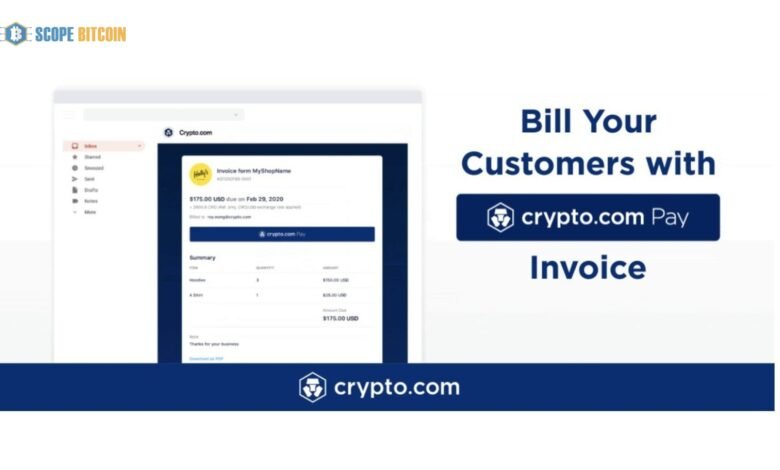
Crypto Invoicing: Evolution of Digital Currency Business Transactions
- An up-to-date price of the value of the product or service.
- The invoice is assigned a wallet address to which to make the payment.
- Customers can pay with specified coins or money converted to the desired cryptocurrency.
A crypto invoice is sent to the buyer or consumer when they wish to use a service or buy something. The next step is to pay the invoice and receive the desired item. After completing the transaction, the invoice’s owner will receive coins and a confirmation message. A payment solution provider for online casinos typically streamlines this process, ensuring that transactions are secure and efficient, specifically designed for the demands of the digital gaming business.
The Advantages of Crypto Invoicing for Global Trade
Large companies, particularly those with an international presence, can benefit from using a crypto invoice. There are multiple benefits to it:
- Invoice is a quick and convenient way to conduct many daily transactions.
- The invoice provides all the necessary information about the goods or services.
- Invoices facilitate reasonable currency control.
- It helps with financial audits and accounting control.
- A crypto invoice is equal to an official document.
Large companies, particularly those with an international presence, can benefit from using a crypto invoice. There are multiple benefits to it:
Implementing Crypto Invoicing in Your Business Operations
Setting up a crypto invoicing is as easy, if not more accessible, than linking a conventional payment method. The user must do the following to link a cryptocurrency invoice to a company and make use of it:
- Find a service or service provider that specializes in crypto invoices.
- Register on the chosen platform and go through the verification process.
- After authorization, go to the personal cabinet and create a crypto invoice.
Everything is done, and your business has moved to the next level! The system is ready to work and conduct transactions. After receiving an order from a client, the user needs to:
- Log in to the personal cabinet of the crypto invoice service.
- Please select the required invoice and send it to the client.
After that, the only thing left to do is wait for the transaction to be finalized. The notification will state this.
Smart Contracts and Crypto Invoices: A Perfect Match
An ideal setting for productive company operations is created when smart contracts are coupled with crypto invoicing. It automates processes, speeds up financial transactions, helps with a high volume of consumers served quickly, and helps prevent several errors. Here are some benefits of this combination:
- In simple words, smart contracts are the automatic fulfillment of duties. Combined with crypto invoices, they provide accuracy in price, quantity, timing of provided services, and payment terms.
- No more mistakes with the wrong address or wrong amounts.
- Real-time data updates. If a price has changed, this will also be corrected automatically in invoices.
- The system checks for complete information and no blank lines.
- There is no need to check every invoice and keep track of unpaid invoices.
- The system monitors and even reminds the customer in case of need.
- Minimal manual work, maximum automation.
For optimal performance, only the first configuration is necessary; after that, the system will take care of everything automatically. Businesses that choose this pair will see a marked improvement in productivity, a marked decrease in mistakes, real-time updates on the status of invoicing, and less work for the staff.
Navigating the Tax Implications of Crypto Invoicing and Payments
A law-abiding company will always pay its taxes in accordance with the regulations when doing business. If a business operates within the country or on the global market, it is obligated to pay taxes regardless of whether it employs traditional or cryptocurrencies in its financial transactions.
With crypto invoicing, businesses can be more transparent with their finances, keep better records, and be audit-ready. With its assistance, the required reports can be generated and sent to the regulatory body more quickly, helping to avoid potential tax-related problems and hazards.







